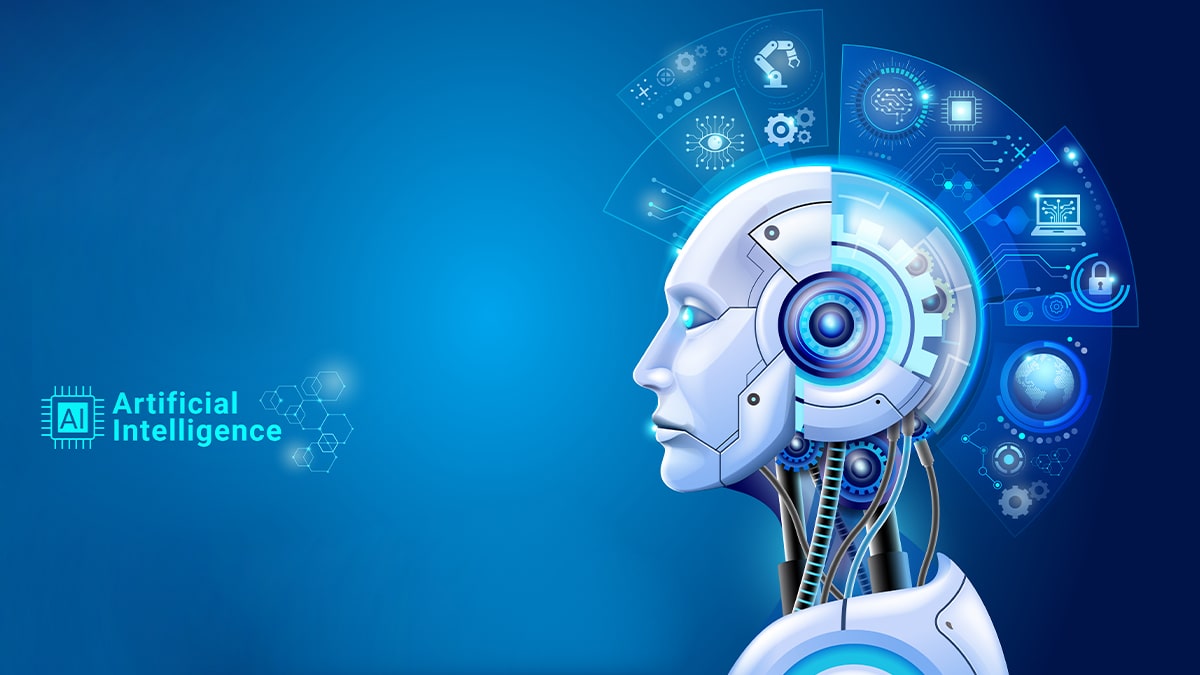Explore how AI is reshaping industries and daily experiences. From smart home tech to predictive analytics, learn how AI is transforming the world and what the future holds
Artificial Intelligence (AI) has become one of the most revolutionary technologies of the modern era, touching nearly every industry and aspect of daily life. As AI continues to evolve, it enables new possibilities, creating smarter tools, increasing efficiency, and offering insights never before possible. In this post, we’ll dive into the basics of AI, its real-world applications, and what the future holds for this transformative technology.
1. What is Artificial Intelligence?
At its core, AI is the simulation of human intelligence in machines. AI systems are programmed to mimic human thinking, learning, and problem-solving, allowing them to perform tasks that once required human intelligence. Machine Learning (ML) and Deep Learning, two subsets of AI, are the driving forces behind AI’s recent advancements.
2. Key Applications of AI in Today’s World
- Healthcare: AI helps in diagnosing diseases, predicting patient outcomes, and even assisting in surgeries. Machine learning algorithms are used to analyze complex medical data, improving patient care.
- Retail and E-commerce: From personalized recommendations to automated chatbots, AI enhances customer experiences and improves sales with targeted marketing and inventory management.
- Finance: AI enables faster, more accurate financial analysis, fraud detection, and algorithmic trading. Financial institutions rely on AI to enhance risk assessment and manage large volumes of data.
- Transportation: Autonomous vehicles, smart traffic management, and predictive maintenance are powered by AI, making transportation safer, efficient, and more reliable.
- Manufacturing: AI optimizes production lines, predicts maintenance needs, and improves product quality, contributing to a more efficient manufacturing process.
3. How AI is Changing Everyday Life
AI is not only transforming industries but is also becoming an integral part of daily life. From virtual assistants like Siri and Alexa to personalized recommendations on streaming platforms, AI enhances convenience and personalization for users. In smart homes, AI-powered devices automate lighting, security, and even energy management, making life easier and more efficient.
4. The Future of AI: What’s Next?
The future of AI holds endless possibilities. Experts predict advancements in areas like Natural Language Processing (NLP), which could lead to more seamless human-computer interactions. Quantum computing is expected to push AI capabilities further, handling massive datasets faster and more accurately. Ethical AI is also gaining attention, with efforts to ensure AI technology is developed and used responsibly.
5. Challenges and Ethical Considerations
With the rise of AI, there are challenges such as data privacy, job displacement, and ethical concerns around decision-making transparency. Ensuring AI is used ethically and responsibly is crucial to prevent misuse and to build trust with users.
Conclusion
Artificial Intelligence is reshaping the world at a rapid pace. Its impact on industries and daily life continues to grow, bringing unprecedented innovation and efficiency. As AI technology advances, its potential to create positive change is enormous, but addressing ethical concerns and ensuring responsible use will be key to harnessing its full potential. Now is an exciting time to witness and be a part of the AI revolution.


 By Themeholy
By Themeholy